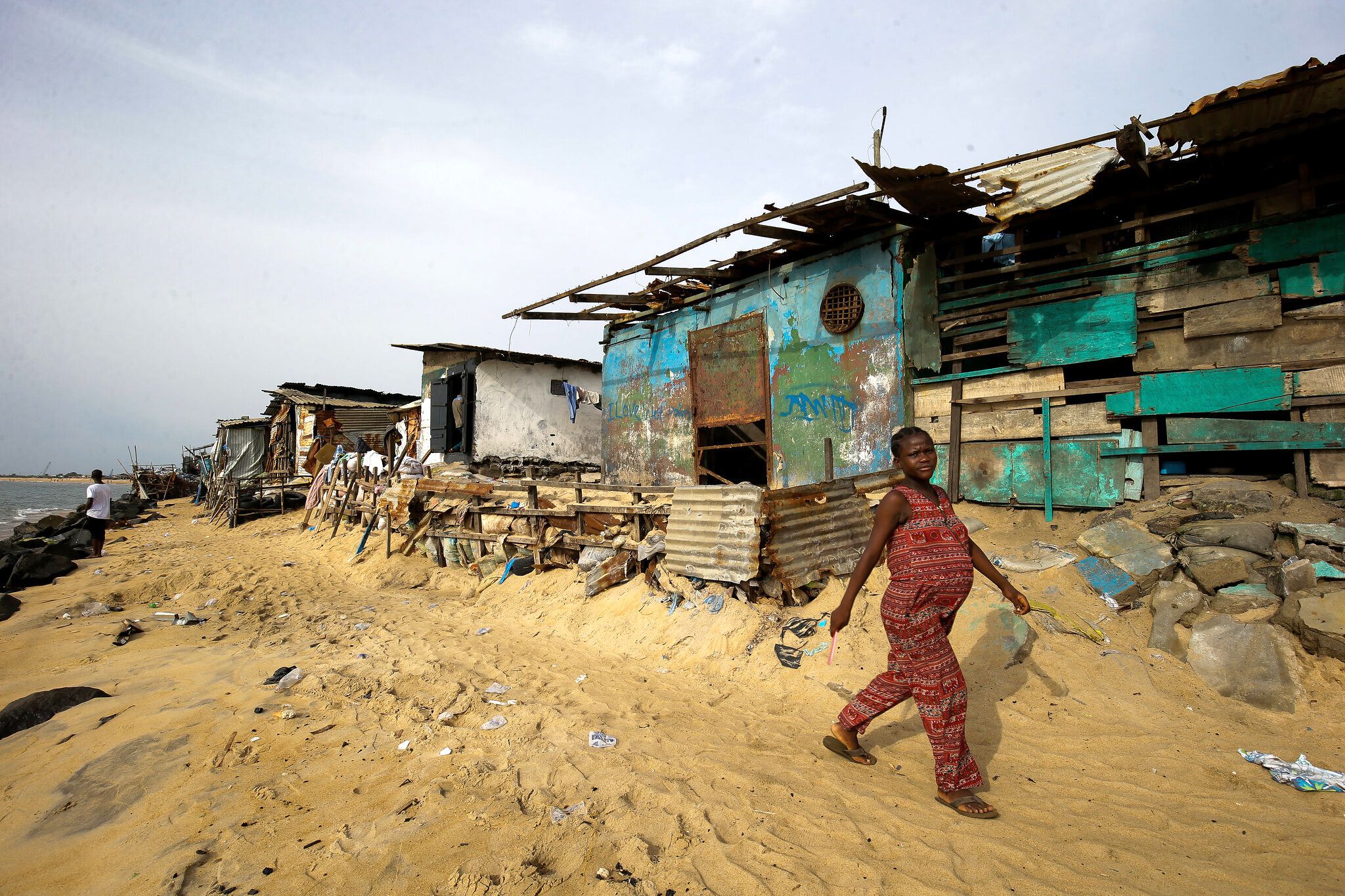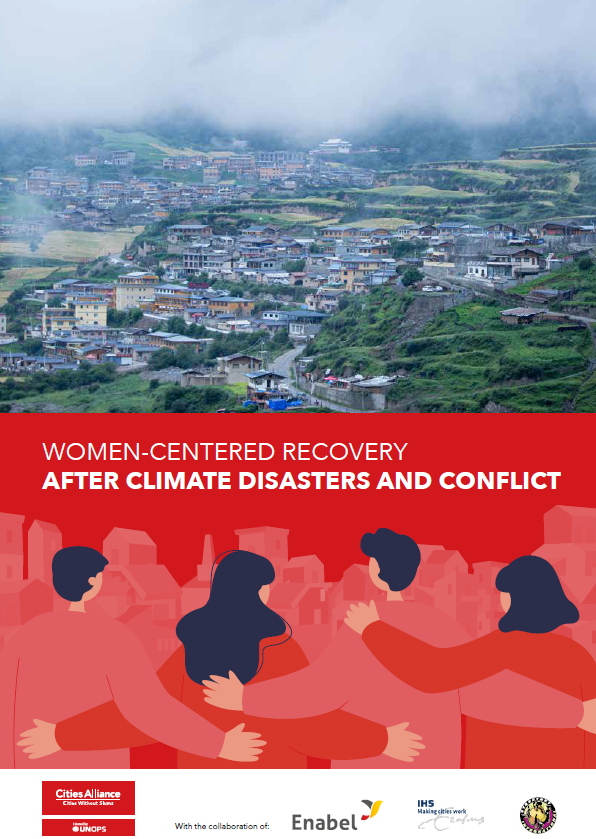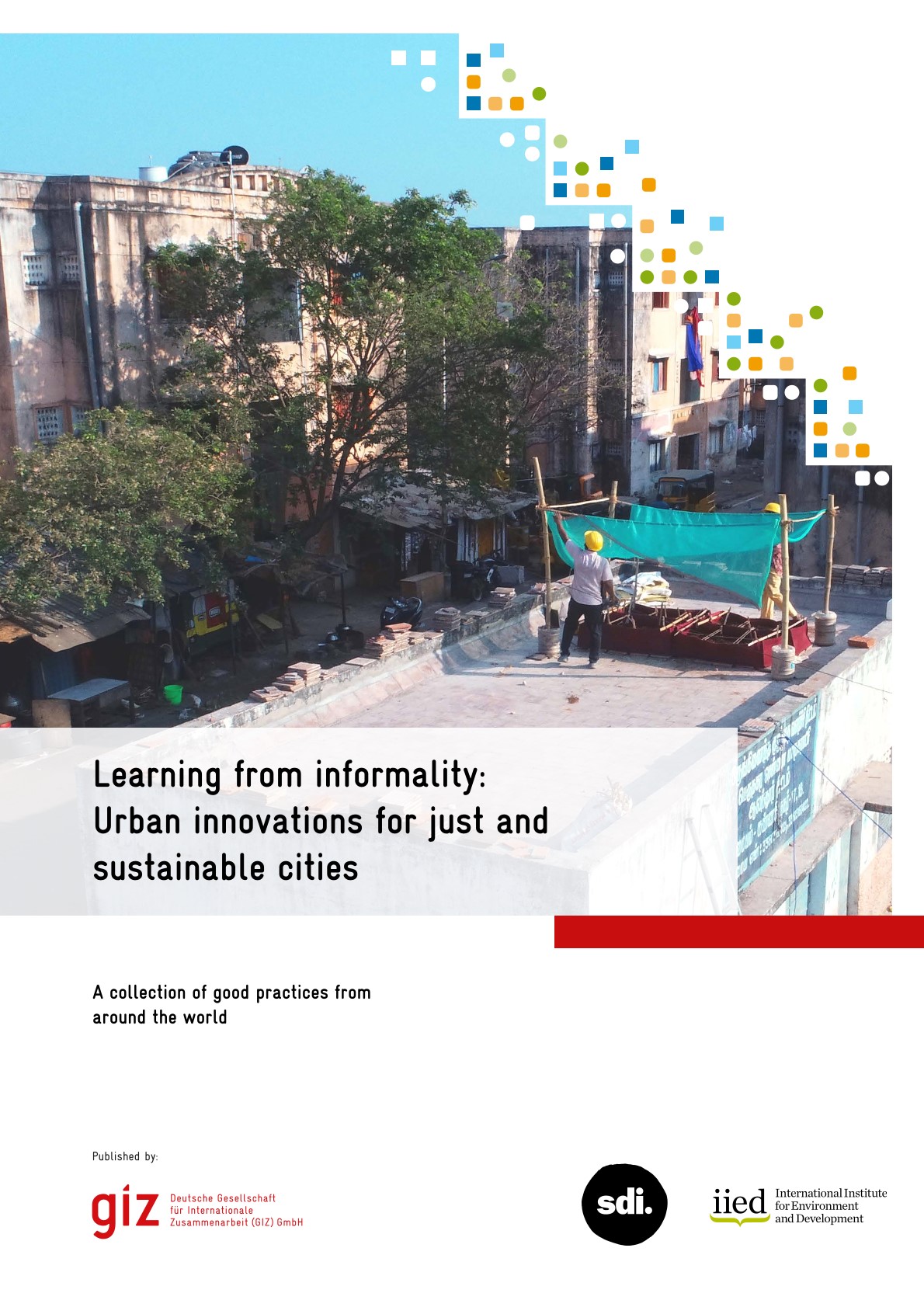- Who We Are
- How We Work
- Regional / Country Initiatives
- Legacy
- Core Themes
- Working Groups
- Portfolio & Results
- Newsroom
- Resources
Building Climate Resilient and Sustainable Cities for All

At the intersection of climate change and poverty. A publication on the practical knowledge and experience of Cities Alliance in building urban resilience in informal contexts.
Climate change and informality are intertwined causes of urban poverty. Since its inception, Cities Alliance and its members have promoted an integrated and inclusive approach to the city in which building resilience for the urban poor is at the core.
This publication highlights a wealth of knowledge and practice gained through our projects and initiatives over time. It also provides key evidence of the challenges and opportunities of tackling climate change and bolstering adaptation where it matters most: in urban informal settlements in rapidly urbanizing countries.
The negative effects of climate change are exposing urban inequalities like never before.
The over 1 billion people living in informal settlements disproportionately bear the brunt of climate change due to their exposure and physical, social, and economic vulnerability. Addressing urban inequality and informality is thus a major way for building city resilience, unlocking mitigation potential, and making urbanisation sustainable for all.
Cities Alliance has been supporting cities across Africa, Asia, and Latin America to address informality while building climate resilience and environmental sustainability for all. Twenty years on, this approach to integrated and inclusive urban governance and planning, to services and infrastructure upgrading, and to local economic development represents a unique body of knowledge, tools, and methods, made available to the global climate community through this publication.
Building Climate Resilient and Sustainable Cities for All addresses ways in which informality intersects with climate change and identifies the key strategic focus areas that require urgent and concerted action if we hope to achieve the objectives of the global agendas.


